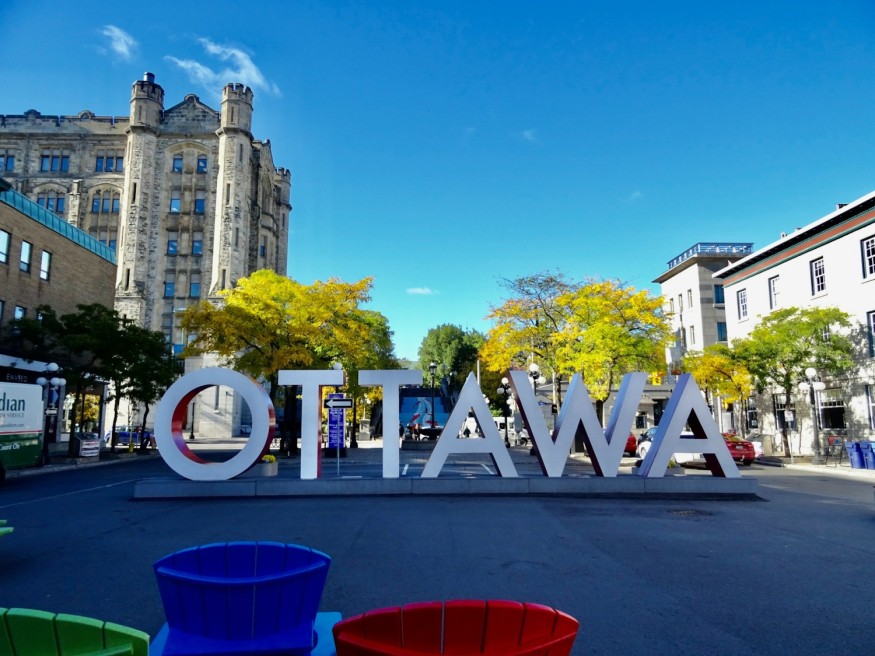
Growth in the Canadian Smart Home Market
The Canadian smart home market is anticipated to grow by 9.41% from 2024 to 2028, reaching a market volume of USD 4.5 billion by 2028. This growth is driven by the increasing adoption of networked devices and related services that enable home automation. Key players in this market include Samsung, LG, Amazon, Google, Ring, and Bosch. These companies are recognized for their innovation and extensive distribution channels. The rise in smart home technology reflects consumer preferences for convenience, energy efficiency, and enhanced security.
In Ottawa, the real estate market has shown resilience. Unit sales increased by 18.4%, and total sales volume grew by 19.7% in January 2024 compared to the previous year. Additionally, there was a 1.1% rise in the combined average sale price. The condominium market has particularly experienced growth, with a 21.4% rise in unit sales for condo apartments. This trend is expected to continue as more properties feature smart home technology, attracting potential buyers.
Consumer Preferences and Smart Home Features
Consumer preferences in Canada are leaning towards smart home devices offering remote control and monitoring capabilities. These devices enable the regulation of household functions via smartphones or voice assistants. AI-driven features in home energy management and security systems are especially appealing to more than half of current smart home users. However, data privacy concerns and high costs are barriers to wider adoption. Vendors need to balance smart living with cost savings to enhance user experience and build trust.
Many new homes for sale in Ottawa emphasize smart home features. These include automated lighting systems, voice-activated assistants, and energy-efficient appliances. This trend represents a shift towards more connected and intelligent living environments. Such features distinguish properties in a competitive market, catering to the rising demand for advanced technology in homes.
Market Dynamics and Price Trends in Ottawa
The global smart home market is projected to reach USD 120.10 billion in 2024 and grow at a CAGR of 25.30% to USD 370.95 billion by 2029. North America is the fastest-growing and largest market, spurred by the demand for energy-efficient solutions and automated security systems. The COVID-19 pandemic has further influenced this market, leading to a redesign of residential real estate to incorporate smart home technologies.
Ottawa's real estate market has seen stable price trends. As of June 2024, the average selling price of homes decreased by 0.5% year-over-year to $647,700. Single-family homes saw a minor decline of 0.2% to $734,300, while townhouses/multiplexes and condos experienced decreases of 1.6% and 1.7%, respectively. Despite these decreases, the rental market saw an increase, with average rent rising by 2.0% to $2,179. The Ottawa Real Estate Board (OREB) reported a balanced market, with a sales-to-new-listings ratio (SNLR) of 58% in June 2024. This balance reflects stable home sales and careful assessment by buyers when choosing the right property.
Interest rates play a crucial role in the Ottawa housing market. The Bank of Canada's prime interest rate reached 5% by July 2023 and has remained steady. Any further changes in interest rates will significantly impact new-home sales. A potential decrease in rates is expected to influence buyer activity positively. The supply of new homes has increased by an average of 47% from 2022, which diminishes demand, putting downward pressure on prices. Nevertheless, the prevalence of smart home technology continues to rise, with features like smart thermostats and appliances becoming standard in new-build homes.
Benefits and Concerns of Smart Home Technology Adoption
The adoption of smart home technology is motivated by its benefits of convenience, energy savings, and enhanced security. Approximately 78% of potential home buyers are willing to pay extra for a smart home, with 97% of current smart home device owners somewhat satisfied with their devices. Yet, data security concerns affect nearly two-thirds of consumers. On average, a smart home in the U.S. has eight smart devices, with North America accounting for 40% of global consumer spending in this sector. By 2030, the Asia-Pacific region is predicted to become the largest market for smart home technology due to its increasing adoption.
In summary, the future of smart homes in Ottawa's real estate market presents opportunities driven by consumer demand for advanced technology. The growth of the Canadian smart home market reinforces this trend, as seen in the rise of networked devices and the integration of AI-driven features. Although there are challenges related to cost and data security, the benefits offered by smart homes are likely to continue attracting buyers. As the Ottawa real estate market evolves, smart home features will increasingly distinguish properties, reflecting a shift towards more connected living environments.



